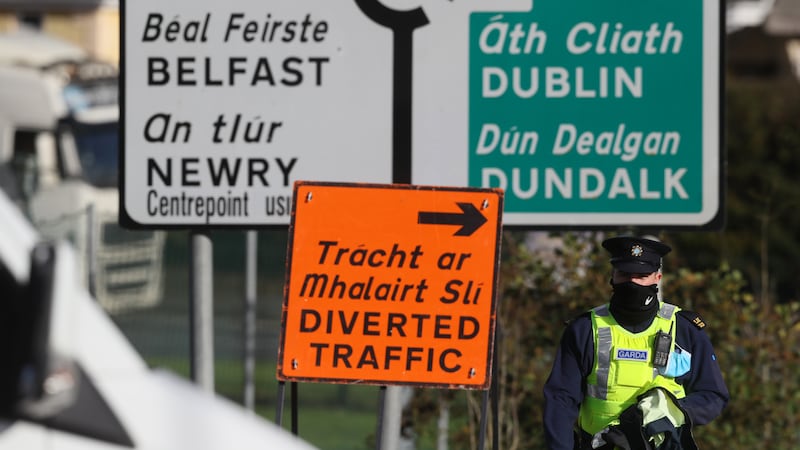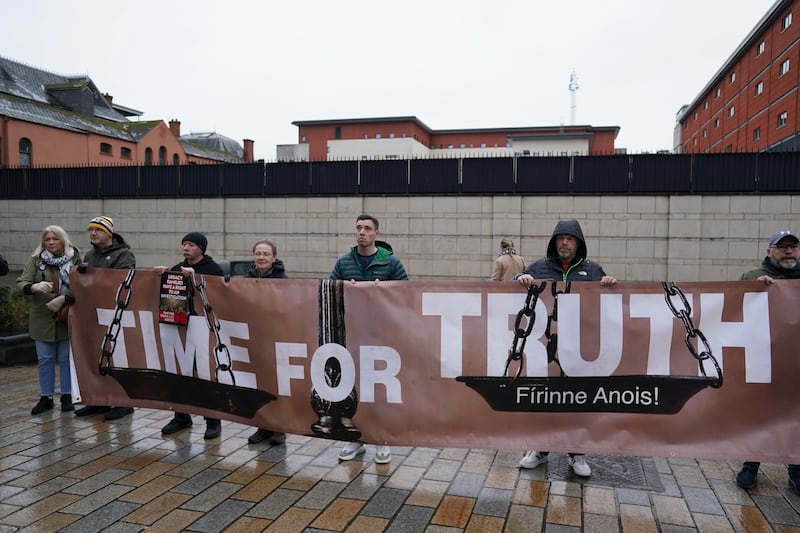A Supreme Court ruling that the law on joint enterprise has been wrongly interpreted by judges over the past 30 years is a quite astonishing development which could have far-reaching repercussions for the justice system.
The law of joint enterprise has meant that someone could be convicted of assault or murder even if they did not strike the blow.
A panel of Supreme Court justices said it was not right that someone should be guilty merely because they foresaw that a co-accused might commit a crime.
They said foresight should be viewed as evidence to be taken into account, not as proof.
It seems incredible that such a crucial element of the law has been wrongly interpreted for more than three decades but there is no doubt this ruling will have major consequences.
It is estimated that around 600 cases in England, Wales and Northern Ireland could be affected.
However, while it is predicted that hundreds of cases in Britain could be challenged as a result of this judgment, it is believed the impact in Northern Ireland will not be at this level.
Nevertheless, the cases that could be challenged are likely to include some of the most high profile murders of recent years, creating a sense of uncertainty among the relatives of victims.
Cases which involved the joint enterprise rule include the murder of schoolboy Thomas Devlin in north Belfast, the shooting of Constable Stephen Carroll in 2009 and the conviction of Hazel Stewart for a double murder.
We can also expect to see challenges in the appeal court from those convicted of joint enterprise who have already served their sentences.
Clearly, the implications of this landmark decision could be felt for years to come.
The fact that the Supreme Court could rule that the law had taken a `wrong' turn in 1984 is a matter of serious concern.
Such a ruling 30 years on is also bound to have an impact on public confidence in the criminal justice system.







